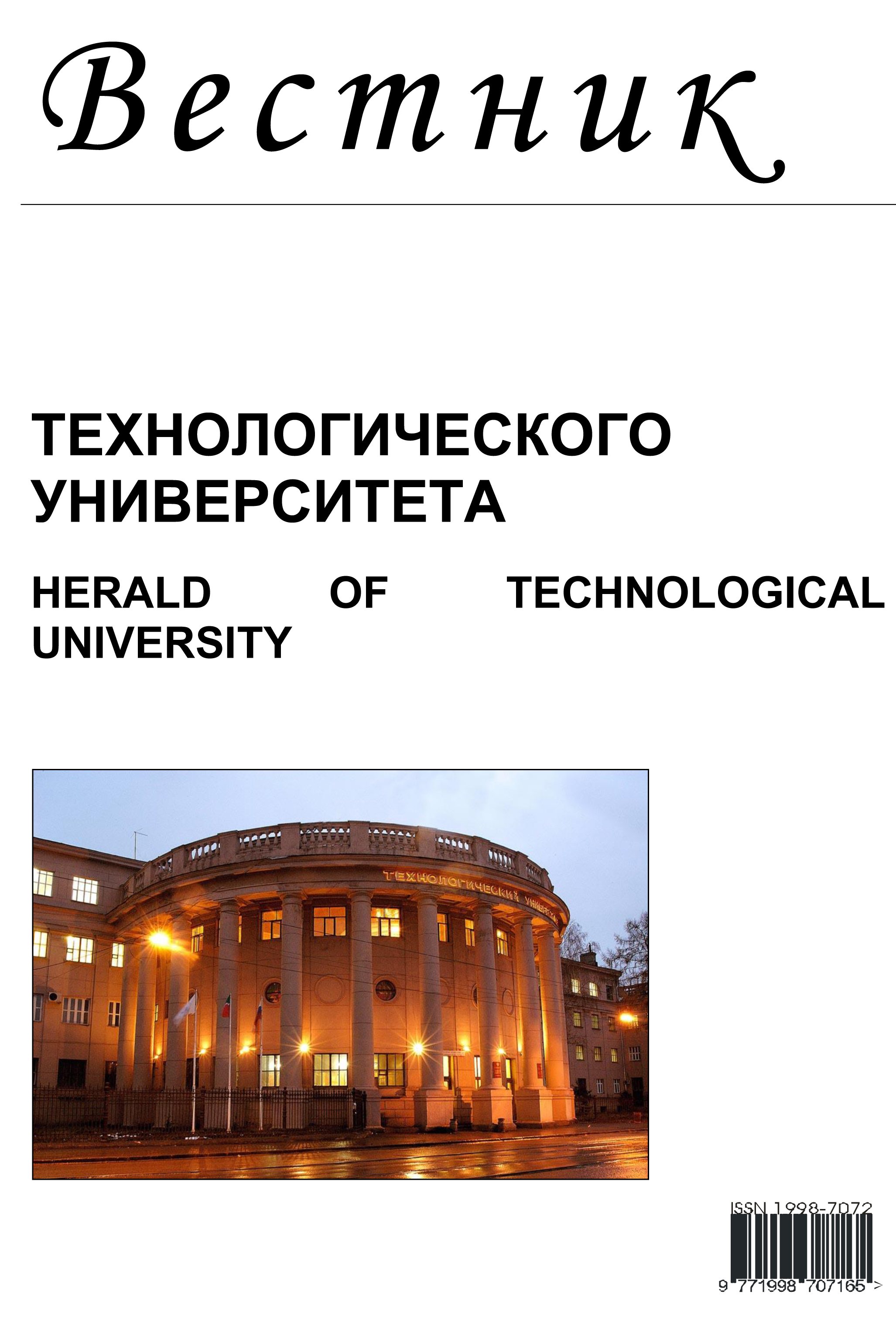In this article are considered innovative environment and its classification. The author gives special attention to different theorys of innovative environment formation : agglomeration, clasters, proximitys, nets, development of organization mechanisms .
инновационная среда, классификация, теория агломерации, теория кластеров, концепция близости, организационные механизмы, innovative environment, сlassification, agglomeration theory, clasters theory, proximity conception, organization mechanisms
1. Chistyakova N.O. Analiz osnovnyh teoreticheskih podhodov k issledovaniyu innovacionnoy sredy regiona [Elektronnyy resurs] / N.O.Chistyakova//Vestnik nauki Sibiri.- 2011- №1(1). - Rezhim dostupa: http: www.sjs.ru.
2. Malinen P., Simula H. A conceptual platform for developing local and regional innovation environment // The 6th CINet Conference, Brighton, UK, 2005. - P. 38-42.
3. Cooke P., Morgan K. The Network Paradigm: New Departures in Corporate and Regional Development // Society and Space. - 1993. - V. 11. - P. 543-564.
4. Camagni R. Introduction: from the local “milieu” to innovation through cooperation networks // In: Camagni R. Innovation Networks: spatial perspectives. - London: Bedhaven Press, 1991. - P.1-9.
5. Shamina L.K. Voprosy formirovaniya blagopriyatnoy innovacionnoy sredy v strane // Vestnik Chelyabinskogo gosudarstvennogo universiteta. Ekonomika. - 2007. - Vyp. 11. - № 10 (88). - S. 50-55.
6. Vladyka M.V., Doroshenko Yu.A. Innovacionnaya sreda ekonomiki, osnovannoy na znaniyah (knowledge based economy) // Nauchnye vedomosti Belgorodskogo gosudarstvennogo universiteta. Ser.: Istoriya. Politologiya. Ekonomika. Informatika. - 2007. - T. 1 (32). - S. 168-174.
7. Boschma R. Proximity and Innovation: A critical Assessment // Regional Studies. - 2005. − № 39(1). − P. 61−74.
8. Breschi S., Lissoni F. Localized knowledge spillovers vs innovative milieux: Knowledge «tacitness» reconsidered // Papers in Regional Science. - 2001. - №80 (3). − R. 255−273.
9. Friedrich C.J. Alfred Weber’s Theory of Location of Industries. - Chicago: Chicago University Press, 1929. - P. 189.
10. Kolehmainen J. Territorial agglomeration as a local innovation environment the case of a digital media agglomeration in Tampere, Finland // Massachusetts Institute of Technology, Special working paper series on local innovation systems, 2002. - P. 25-29.
11. Hart D.A. Innovacionnye klastery: osnovnye idei // Institut regional'nyh innovacionnyh sistem. 1996. URL: http://www.innosys.spb.ru/?tpl=Print&id =886&folder=100
12. Capello R. Spatial Transfer of Knowledge in High Technology Milieu: Learning Versus Collective Learning Process // Regional Studies. 1999. - № 33 (4). - P. 353-365.
13. Jenson J. Ole. Networks as a tool for urban sustainable development // Paper for the international conference «Innovation, Sustainability and Policy». - Munich, 23-25 May, 2004. - P. 5.
14. Lu Xingqi, Zhang Hongle. The Study of City Technology Innovation Environment Construction in the View of System Management. URL:
15. Lur'e E.A. Innovacionnaya Rossiya. 15-letie zhurnala «Innovacii».- [Elektronnyy resurs] / E.A. Lur'e //Innovacii.- 2011.- № 9.- Rezhim dostupa: http: www.transfer.eltech.ru/innov/archive.nsf/
16. Berman S.S. Podhody k formirovaniyu regional'noy innovacionnoy politike/ Vestnik Kaz. tehn. un-ta.-2011-№8.-s.269-273
17. Gilyazutdinova I.V., Ponikarova A.S., Krasnova A.V. Nekotorye aspekty ocenki effektivnosti sistem upravleniya innovacionnym razvitiem promyshlennogo kompleksa (na primere neftehimicheskogo kompleksa Respubliki Tatarstan) // Vestnik Kazan. tehnol. un-ta - 2011.-№23-s.21









